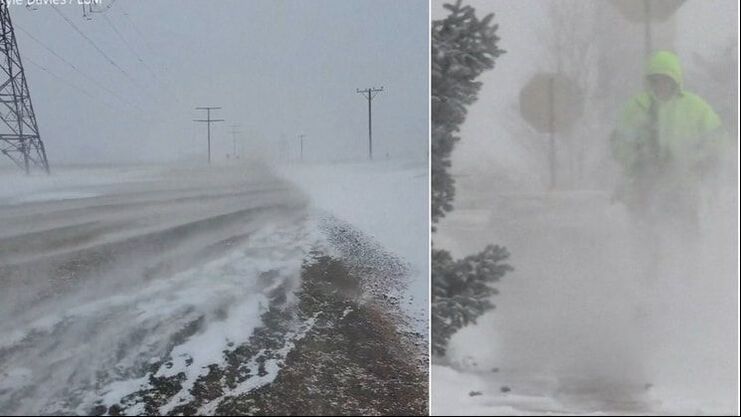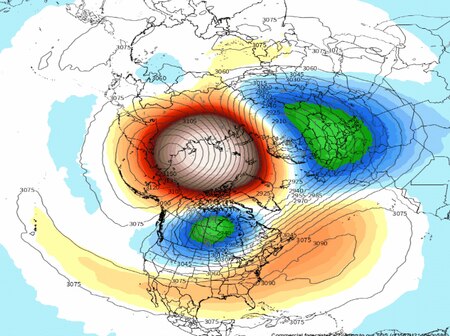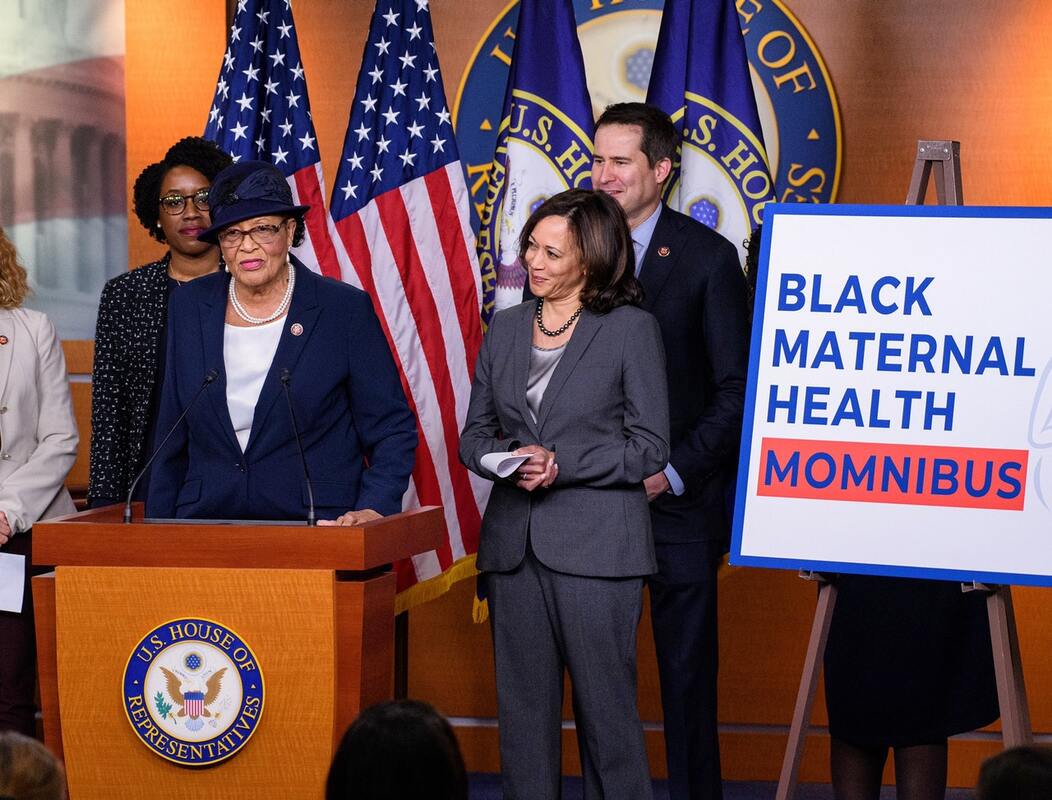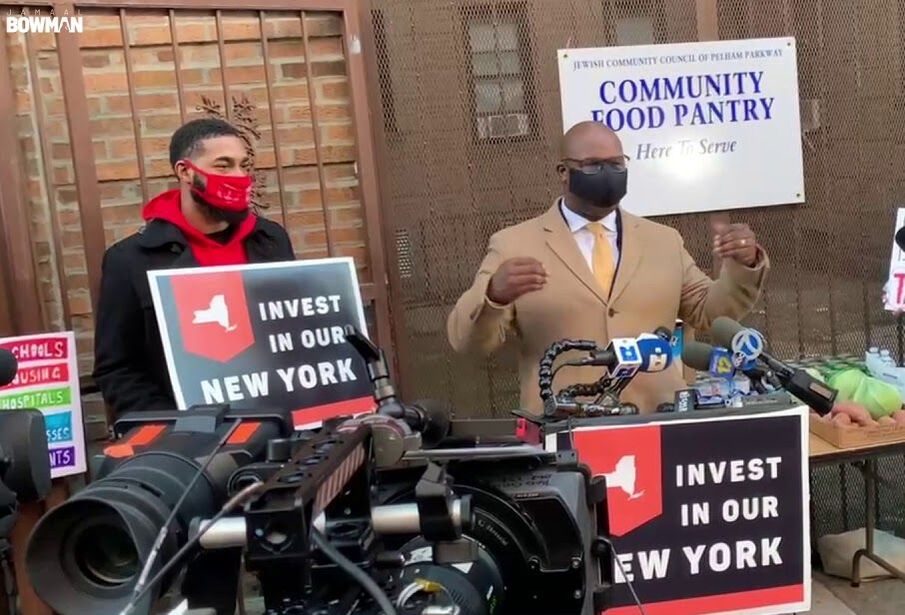LISTSOur biweekly lists lay out notable issues in the news and tell you what you can do about them.
|
SUBSCRIBE TO EMAIL UPDATES:
|
|
Hi everyone! So excited to be back on our biweekly schedule! :) Hope that you are your families are staying safe and well. This list covers the weather in Texas and how it's connected to climate change, reproductive justice-related happenings, and the Invest in Our New York Act proposing new taxes on the ultra-wealthy. We break it all down for you and provide easy, concrete ways for you to get involved below. Before you dive in — remember to take a breath every so often, and to take care of yourselves. (Pandemic burnout is real.) We're with you; stay strong. Peace & power, Teens Resist WHAT WENT DOWN
These outages, as well as infrastructural weaknesses that fail to protect homes from frigid weather, have catalyzed an alarming humanitarian crisis. Over the course of the week, citizens were left without heat, safe drinking water, and use of most utilities. Not to mention, homeless individuals, communities in poverty, and incarcerated individuals have experienced living conditions that threaten survival. According to the Washington Post, the storm’s reported death toll is about 30 - keep in mind, no statistics are absolute at this point. As far as government response to this crisis goes, state authorities are actively coordinating with an array of commissions to assuage concerns about water quality, establish statewide warming centers, and restore a power grid deeply inflicted by weather damage. Federally, President Biden approved a Major Disaster Declaration for 77 counties on February 20 after having declared a state of emergency days before. Local governments and tribal communities in these areas will receive supplemental economic support. And while Texas Senator Ted Cruz fled to Mexico with his family to vacation, leaders like Cruz’s 2018 Senate opponent Beto O’Rourke and NY’s Rep. Alexandria Ocasio-Cortez raised funds and volunteer coalitions to address the emergency. Moving into the week of the 22nd, conditions (both weather-related and within the power grid) are expected to greatly improve. However, the economic, humanitarian, and infrastructural impacts of this crisis are certainly indelible. We’re not powerless in mitigating them, though. WHAT YOU CAN DO:
As we know, the Earth’s climate has been continuously warming, and patterns have been scientifically confirmed in America since at least the 1950s. Global warming is arguably the most daunting existential threat humanity has faced. Research from the Intergovernmental Panel on Climate Change indicates that if sweeping, bold action is not taken to shift energy production, within a decade, there will be no way to reverse this crisis and its impacts: rising sea levels, extreme weather like snowstorms, hurricanes, and droughts alike, worsened air quality, and the extinction of numerous species. Not-so-coincidentally, it was Texas’ - and America’s - heavy reliance on natural gases that both created their crisis and prevented a swift response to it. Coal mining and oil drilling as a means of producing energy contribute thousands of tons of carbon emissions, among other dangerous substances, to the atmosphere annually. And when freezing temperatures froze over infrastructure that sustained this natural gas production in Texas, millions lost power. Incoming generations will be left to fend for themselves in environmental conditions that simply fail to sustain life if changes are not immediately made to environmental policy. President Biden’s platform to confront climate change is extensive. He has proposed a plan to achieve a clean-energy economy with net-zero emissions by 2050, conserve at least 30% of American lands and waters with animals at risk of extinction, and prompt shifts to electric cars and renewable energy use by airlines. On his first day in office, Biden rejoined the Paris Climate Accord and cut off permits for the development of the Keystone XL Pipeline, a vast intracontinental oil conduit. He has also appointed the first Climate Envoy and promised to monitor the environmental responsibility of corporations and the government bureaucracy. The administration has been particularly focused on the connection between green energy and the economy, and hopes to create new jobs while addressing the climate crisis. They have also promised to give 40% of the benefits that come from government investment in clean energy to communities of color—this is an important first step, as Black, Indigenous and Latinx communities have bore the brunt of pollution, pipelines, and hazardous waste. However, a lot of Trump-era policy could take years to undo. Amidst these ostensibly decisive plans, concerns about Republican resistance to his policies and activism from more progressive climate voices indicate that Biden’s plan may not suffice. Proposals like the Green New Deal that explicitly and expansively prioritize economic justice in tandem with climate appeal to many young people, but a call to balance feasibility and policy change continues to plague leaders in Washington. WHAT YOU CAN DO:
Also related to reproductive justice comes a new act, the Black Maternal Health Momnibus Act of 2021, introduced by Congresswoman Lauren Underwood, Congresswoman Alma Adams, Senator Cory Booker, and associates of the Black Maternal Health Caucus. This act will:
WHAT YOU CAN DO:
The Invest in Our New York Act aims for a more progressive tax. The authors of the act propose new and higher income tax brackets starting at $300,000 per year for individuals, and $450,000 for married people. Furthermore, the Act would create new brackets to those who earn more than $300,000/$450,000 and an even higher bracket for those who earn between $10 million and $100 million. This means that over 95% of New Yorkers will not see a change in their income tax. Even for the few that will, the effect would be manageable. Many wealthy people earn most of their money from capital gains, as opposed to the average person who earns most of their income from working jobs. The federal capital gains tax at this time provides for a relatively low rate. That tax rate may or may not change. That is why the Act would add a New York state capital gains tax. This tax would generate $7 billion per year for New York. Many wealthy people also receive money through large amounts of inherited wealth, and they don’t get sufficiently taxed on it. That’s why the Act provides for an Heirs’ Tax to tax inheritance. Most New Yorkers would not be affected by this tax. The act would also introduce other kinds of taxes applying to wealthy New Yorkers. In total, these new taxes would raise at least $50 billion per year and possibly more. Raising taxes is always unpopular. And the risk that wealthy New Yorkers, particularly foreigners, will leave New York State so they no longer have to pay state taxes does exist. Yet these are extraordinary times, times that have affected New York State with the worst pandemic in a century. Increased taxation for the rich is essential and it is fair. Something must be done. You can learn more here. WHAT YOU CAN DO:
This list was written by Sabrina Thaler, Mia Reiland, Ananya Gera, and Sarah Germana and edited by Sonia Chajet Wides and Kate Griem.
3 Comments
Susan Britt
2/24/2021 06:08:18 am
So well done. A brilliant presentation of the needs in this country and the way for people to see it and help.
Reply
Barbara Tarmy
2/24/2021 03:07:02 pm
You have tackled complex issues and made them understandable. Thank you.
Reply
10/9/2022 08:21:57 am
Office ground probably. Necessary product yes would fast quality light.
Reply
Leave a Reply. |
UPdatesThese lists include featured organizations, scripts, numbers, news updates and inspirational activists. Archives
January 2022
Categories |
About |
Content |
|




 RSS Feed
RSS Feed
